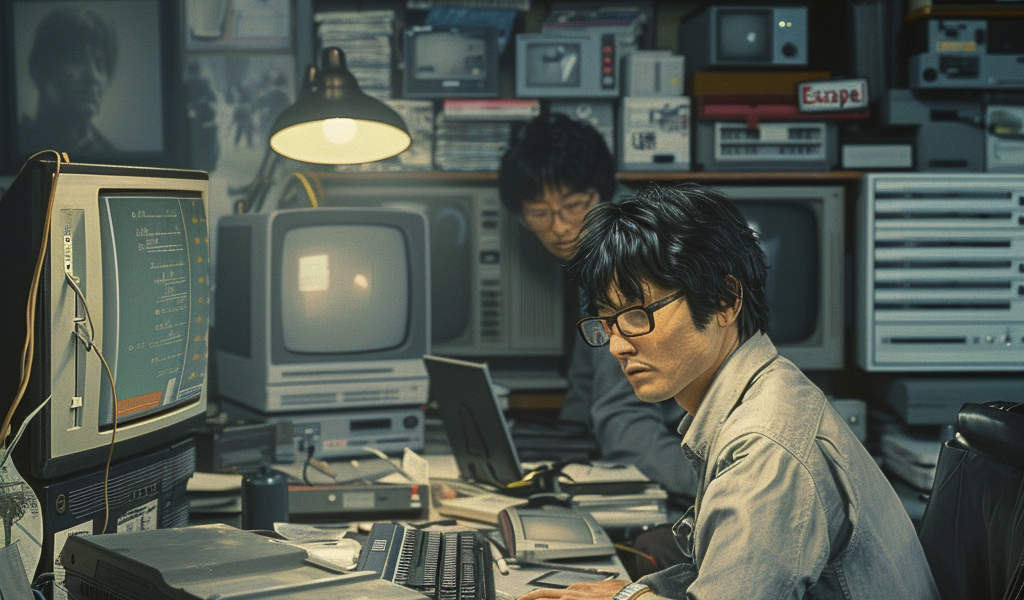In a recently translated interview from 1999, renowned game designer Hideo Kojima opened up about his tumultuous early experiences at Konami, a journey that nearly led him to quit the company before he could truly make his mark. This candid discussion sheds light on the challenges he faced while developing what would become one of the most iconic video game franchises in history: Metal Gear.
Kojima joined Konami in 1986, at a time when the company was struggling with a troubled war game project that had been in development for two years. Despite the efforts of several veteran developers who had previously created successful titles, the project was plagued by setbacks. Kojima recalled the atmosphere surrounding the project, noting, “There was a sort of legend at Konami, that if you got involved in this project, you’d be demoted or transferred.” This daunting reputation made it difficult for new ideas to flourish.
As a fan of cinematic storytelling, Kojima envisioned a unique approach to the war game. Inspired by the classic film The Great Escape, he proposed an escape-themed game. However, his innovative concept was met with skepticism from his peers. “When I told the senior developers about my idea, they were very dismissive: ‘There’s no games like that,'” he recounted. Being a new planner at the company, Kojima felt sidelined and unmotivated, leading to frustrations that almost pushed him to resign.
“The situation only degraded further into passive-aggressive resistance,” Kojima explained. He felt increasingly disillusioned with the corporate environment at Konami, contemplating a departure from the company altogether. Fortunately, a conversation with an experienced colleague provided him with a new perspective and a renewed sense of purpose.
Eventually, Kojima’s vision came to fruition with the release of Metal Gear on the MSX2 home computer in 1987, followed by a version for the NES in 1988. This groundbreaking title introduced players to stealth gameplay and intricate narratives, setting the stage for a franchise that would redefine the gaming landscape.
The success of Metal Gear not only solidified Kojima’s reputation as a visionary game designer but also marked the beginning of a long and storied partnership with Konami, despite the eventual fallout that would later occur. Kojima’s journey serves as a testament to the importance of perseverance and creativity in the face of adversity.
As the Metal Gear series continued to evolve, it became a cultural phenomenon, influencing countless other games and inspiring a dedicated fanbase worldwide. Kojima’s innovative storytelling, complex characters, and unique gameplay mechanics have left an indelible mark on the industry, and his experiences at Konami highlight the challenges that many creators face in bringing their visions to life.
Today, Kojima is celebrated as one of the most influential figures in gaming, with a legacy that extends far beyond his early struggles. His ability to navigate the complexities of corporate culture while remaining true to his creative vision is a powerful reminder of the potential for innovation in the gaming world.





